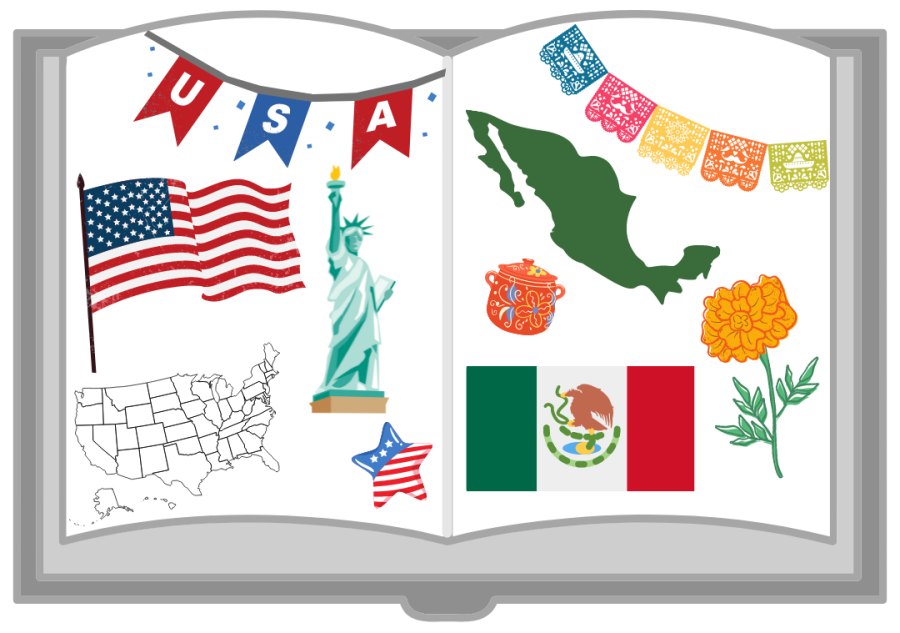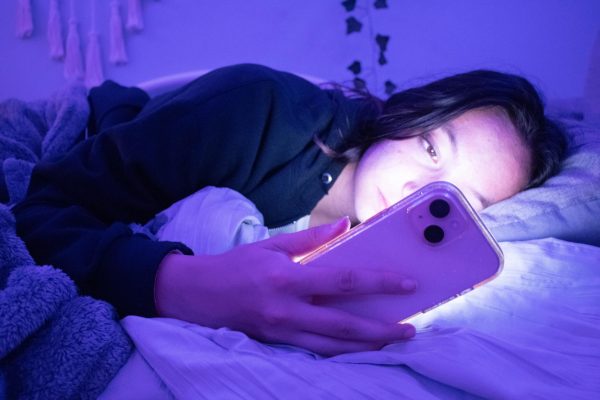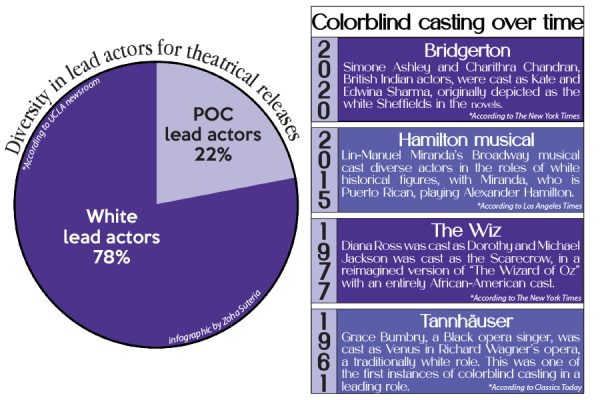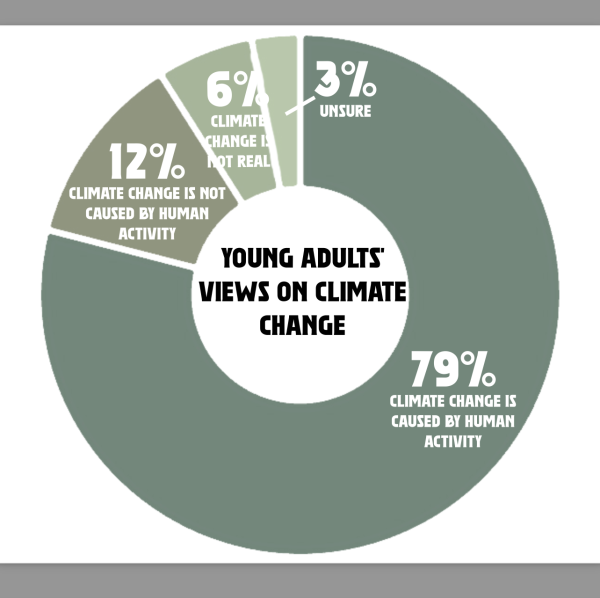Diary of a “no-sabo” kid
April 1, 2022
I’m going to be honest here: life is tough as a “no-sabo kid.”
A “no-sabo” kid is someone of Hispanic descent who does not speak Spanish, and they are often ostracized for being “white-washed” and out of touch with their culture. The term was coined by the frequent mistake of novice Spanish speakers when saying “no sabo” instead of “no sé” for the phrase “I don’t know.”
Carrying this identity around has been more detrimental to my life than I think most people realize, especially when I am the punchline of someone’s “white-washed-Latino joke.” It’s even worse when the person making the joke is Latino themselves. I’ve experienced my fair share of ignorance and microaggressions from non-Latinos, but people rarely talk about how much more hurtful it is to be alienated by your own kind.
Especially when to a certain extent, I know that they’re right.
For instance, one of my first yet cripplingly embarrassing memories of high school was when I walked into my Spanish heritage learner class as a freshman, where I immediately felt a sense of alienation and discomfort. Most of the kids in my class were nearly fluent in Spanish while I still failed to string together basic sentences and conjugate the most elementary verbs.
I remember trying to speak with the other students in my class, but they rarely understood me and often exchanged side glances and whispers with their friends, communicating their second-hand embarrassment for my lack of basic knowledge of the language.
That same day, right as the bell rang, I rushed to the bathroom to relieve the tears I had been holding back for those terrible 90 minutes. I blamed myself for being out of tune with my own heritage and rejecting my parent’s attempts at teaching me Spanish. I blamed myself for being embarrassed of the culture my family had always taught me to take so much pride in.
I’ve always struggled with this issue because it was always so hard for me to put my feelings into words because there were never any statistics, numbers, or traumatic stories I could share that represented the exclusion I felt growing up. I always just had the chronic feeling of being torn between two cultures and never quite being enough for either.
I know my parents shared similar experiences, as they were often bullied and alienated by their peers for having broken English which is part of what makes this notion of a “no-sabo” kid so harmful and hypocritical. Constantly having people try to use your heritage to either define or degrade you is nothing short of exhausting.
If my parents were reprimanded for speaking Spanish, and now I’m being reprimanded for not speaking Spanish, will we ever actually be just the right amount of Latino and just the right amount of American? Who gets to draw the line? In fact, why are we even being forced into these repressive roles when, in the end, all we feel is more excluded than ever?
As I entertained and exhausted these questions growing up, the gravity of the situation was often too complex or not talked about enough for me to really understand what I was feeling. So, instead of feeling validated, I repeatedly felt more hurt and confused than ever, as I began to recognize more and more how this issue invaded numerous aspects of my life. Especially when it came to making friends, navigating cultural differences, and seeing harmful stereotypes of Latinos portrayed in the media.
But as time went on and more diversity blossomed within our culture, I found myself leaning into all the beautiful aspects of being Latino-American rather than the harmful expectations others upheld for me.
For example, watching Disney’s Encanto for the first time was nothing short of a magical experience, for both me and my inner 7-year-old Mia, who so badly wanted to see people like her represented in her favorite movies. Not to mention, my newfound obsession with the song “We Don’t Talk About Bruno” is just another fruit of the flourishing representation of Latino culture we see throughout our society today.
And now I can confidently say that whenever I get insecure that some kid in my Spanish class can speak better than I can, I just think back to how proud young Mia would be of how far she’s come in appreciating her culture. And even more so, how excited I am for future generations of Latinos to see themselves represented more and more in the media as they learn to embrace their own heritage.















